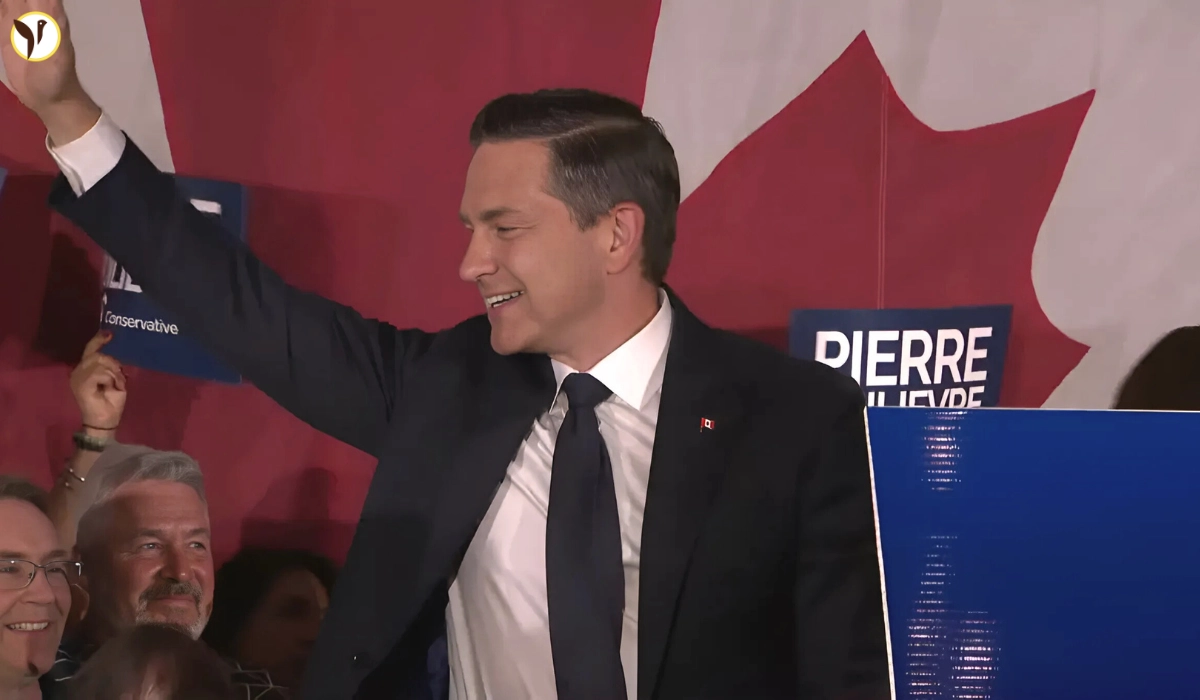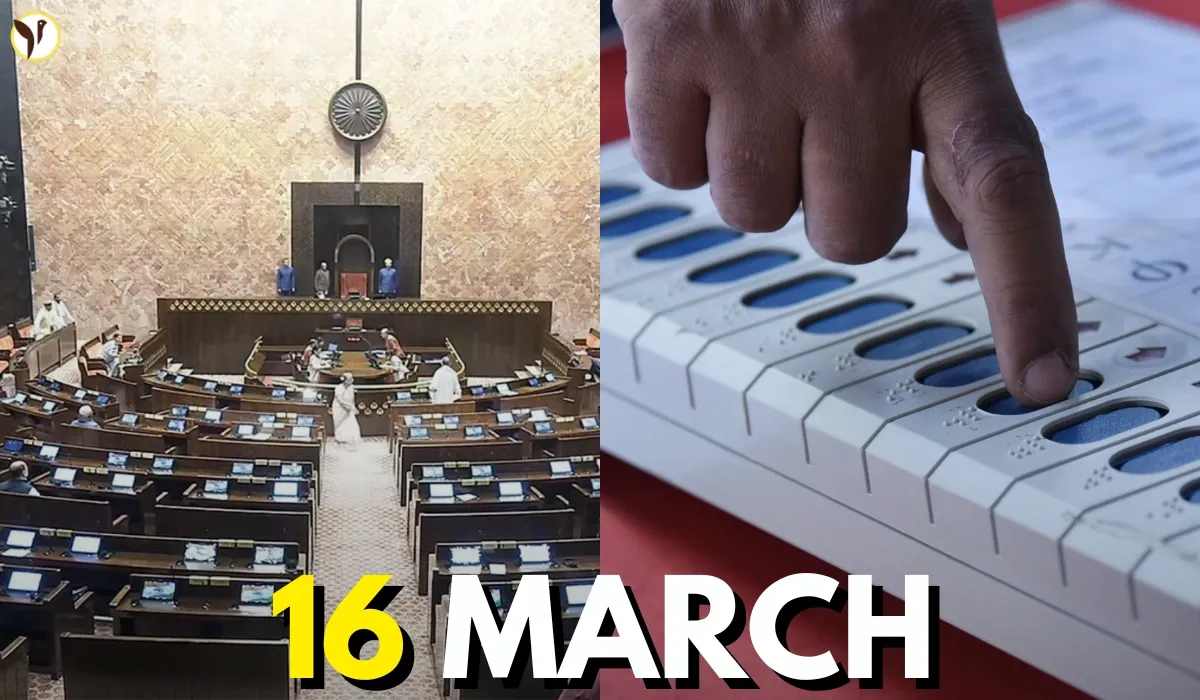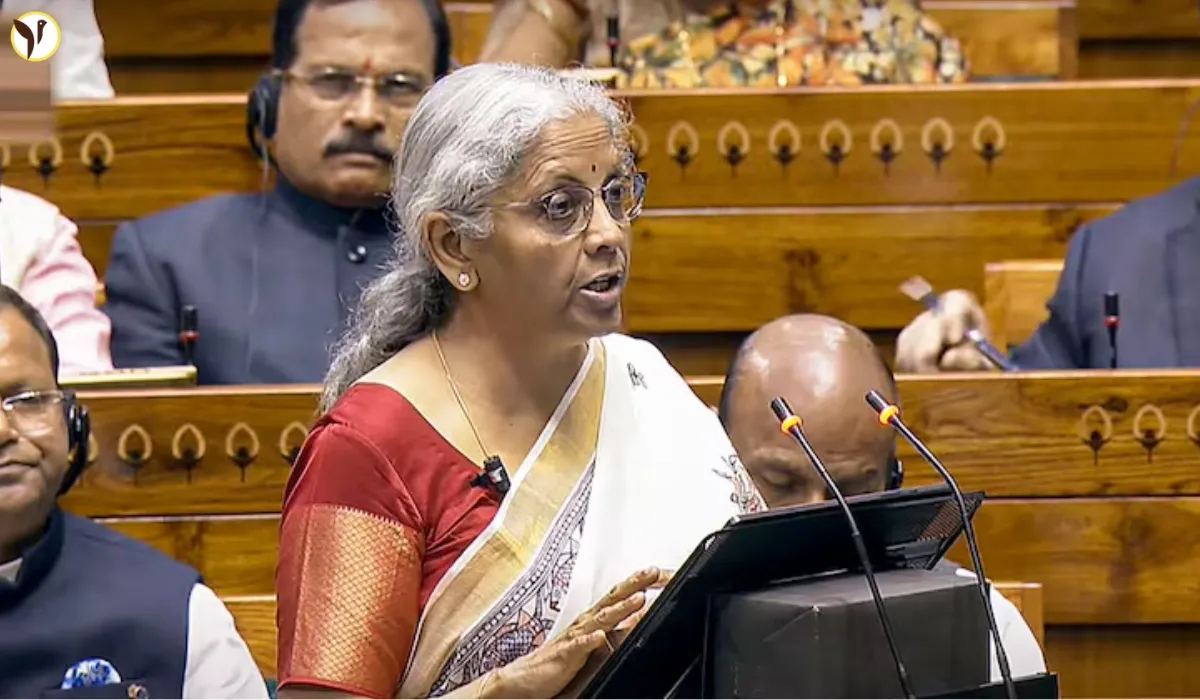Battle River–Crowfoot, Alberta – August 19, 2025: Conservative Party leader Pierre Poilievre has officially won the Alberta by-election in the riding of Battle River–Crowfoot. Polls reported he got around 80% of the vote, so Poilievre decisively put himself back in the House of Commons just months after losing his longtime Ottawa-area seat of Carleton in April’s general election.
The by-election results mean Poilievre can again take his place as Leader of the Official Opposition - because without a seat, he could not serve in Parliament.
Poilievre Wins Battle River–Crowfoot Vote
On August 18, 2025, a by-election for the rural riding of Battle River–Crowfoot was held in Alberta, sterminated by Conservative Party government supreme. The vacancy occurred after Conservative MP Damien Kurek had also resigned earlier in the summer leaving an open door for Poilievre to run.
Elections Canada later followed up to confirm that Poilievre had garnered approximately 34,631 votes, or 80.1% of the valid ballots valid. The seat had gone to an independent candidate (Bonnie Critchley) who finished in second place with approximately 9.9% of the vote while over 200 other candidates (most but not all of them members of the Longest Ballot Committee protest group) received mostly nothing, if they even received any +1's that accumulated nationwide anyway.
The uniqueness of the by-election wasn't that the conservatives won, in fact, they won huge, it was that it would be unforgettable for how many registered candidates there were. In total 214 names registered, a record in Canada. The Longest Ballot Committee registered hundreds of people intentionally as a protest against Canada's first-past-the-post voting system. The end result forced Elections Canada to use write-in ballots requiring the voter's handwritten name.
In the end, Poilievre's victory was quite strong so there is very little doubt about Poilievre's support in Alberta.
Why This By-Election Was Crucial
Back in April, the results of Canada’s federal election were a major surprise. Liberal leader and now Prime Minister Mark Carney defeated Poilievre in his Carleton riding, thus putting Poilievre in the position of losing his direct relationship with the House of Commons. While still serving as leader of the Conservative Party, Poilievre could no longer participate in debates or Question Period without a seat.
The loss caused significant questions regarding his leadership. Some political pundits did not think he could continue leading if he couldn't find some way to get back into Parliament very soon.
For Poilievre, this by-election was a deal. If he could win Battle River–Crowfoot, he could continue to lead the opposition against Carney, and continue being the chief voice of Conservative voters across the country.
Reactions After the Result
Supporters in Alberta celebrated the victory as a sign that Poilievre still holds strong backing, especially in western Canada. Local party members called it “a fresh start” after the disappointment in April.
On election night, Poilievre told a cheering crowd of supporters:
"This is not just a victory for me, but a victory for every single Canadian who believes in common sense, freedom and opportunity. I will take your voice to Ottawa and fight for you every single day."
Critics have said that while Poilievre may be popular in Alberta, he has a more difficult road nationally. Many liberal and NDP supporters have pointed out that Alberta ridings have been long conservative safe zones, and winning there was never really in question.
One of the users tweeted on X:
"Huge congrats to Pierre Poilievre on his by-election win!"
Huge congrats to Pierre Poilievre on his by-election win! Canadians are choosing leadership & solutions over fear & division. Despite the nonstop smears, lies & venom from leftists, truth & perseverance prevailed. People see through the noise - hope wins! ✊🏻🇨🇦
— HerUnpopularOpinion (@HerUnpopular) August 19, 2025
Canada’s Strangest By-Election Ballot
The Battle River–Crowfoot by-election wasn’t just about Poilievre. It also became one of the strangest elections in Canadian history.
- 214 candidates were on the ballot.
- More than 100 of them received zero votes.
- Elections Canada had to switch to a write-in system because the ballot paper would have been impossible to print normally.
The Longest Ballot Committee, which coordinated many of the candidacies it is promoting, has said that they wanted to illustrate how unfair Canada's current electoral system is. Members have expressed that the first-past-the-post voting does not consider smaller parties' and independents' voice.
Although they gained some headlines, it did not have an impact on the result. Poilievre still won easily.
Political Significance of Poilievre’s Return
With his seat secured, Poilievre is expected to return to Ottawa immediately. His victory restores the Conservatives’ leadership presence in Parliament and ensures he can directly challenge Prime Minister Mark Carney during debates.
For Poilievre, this win gives him a stay of execution. If he lost again in a safe seat, there would have surely been calls for him to resign as leader. Instead, the win bolsters his standing inside the Conservative Party, at least for the moment.
Political observers predict that he will now use his return to ramp up his attacks on the Liberal government’s economic and cost-of-living agenda, both of which were front and centre in his previous campaigns.
Conclusion
Pierre Poilievre's victory in Battle River–Crowfoot is much more than 'just' another electoral outcome. It is a lifeline for the Conservative leader following a major defeat in April. His considerable support in Alberta demonstrates that his base remains intact.
The questions for Poilievre still remain about his national appeal and whether he can rebuild enough national momentum to ultimately challenge Mark Carney down the road. But for now, the Conservative leader is back in the Parliament—and back in the fight.









